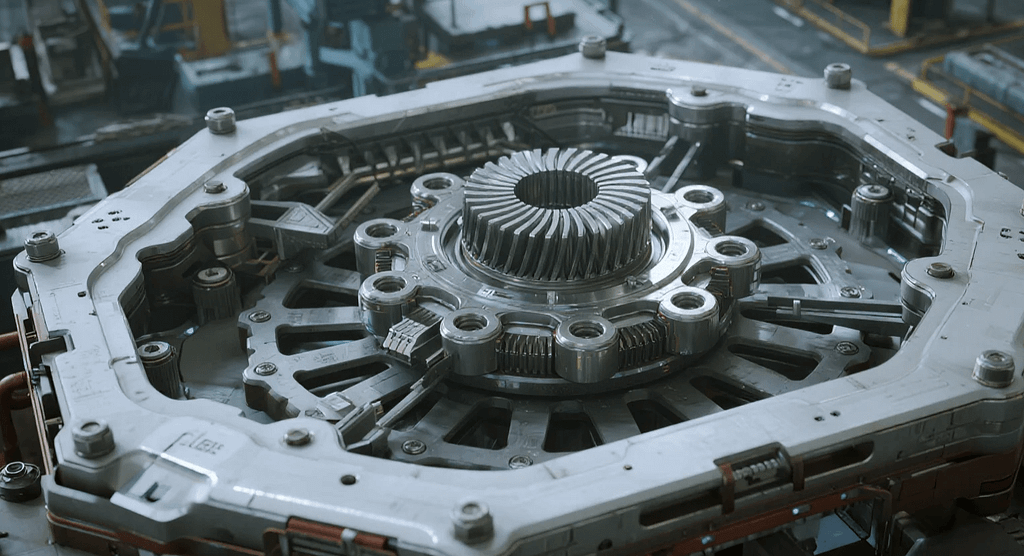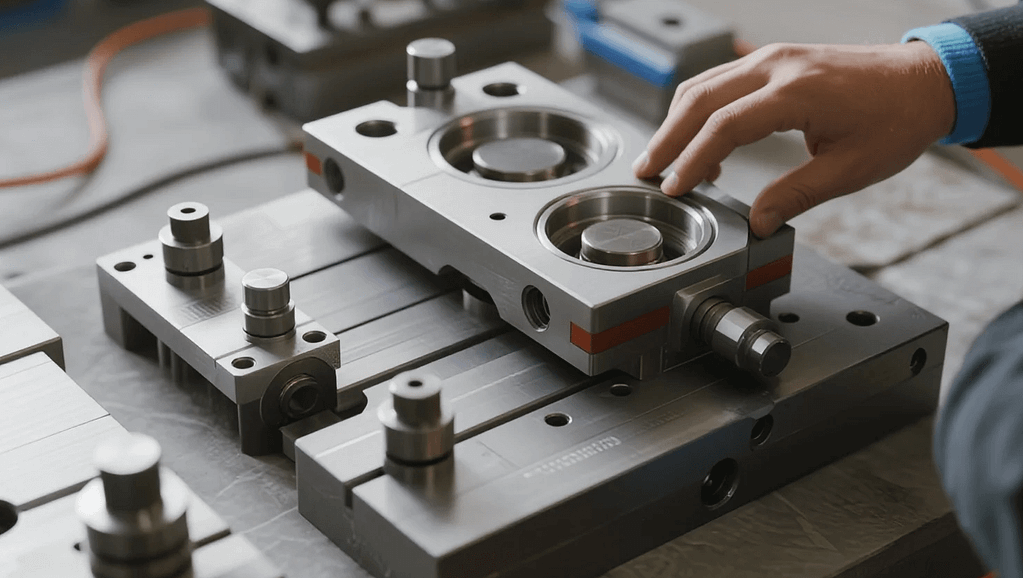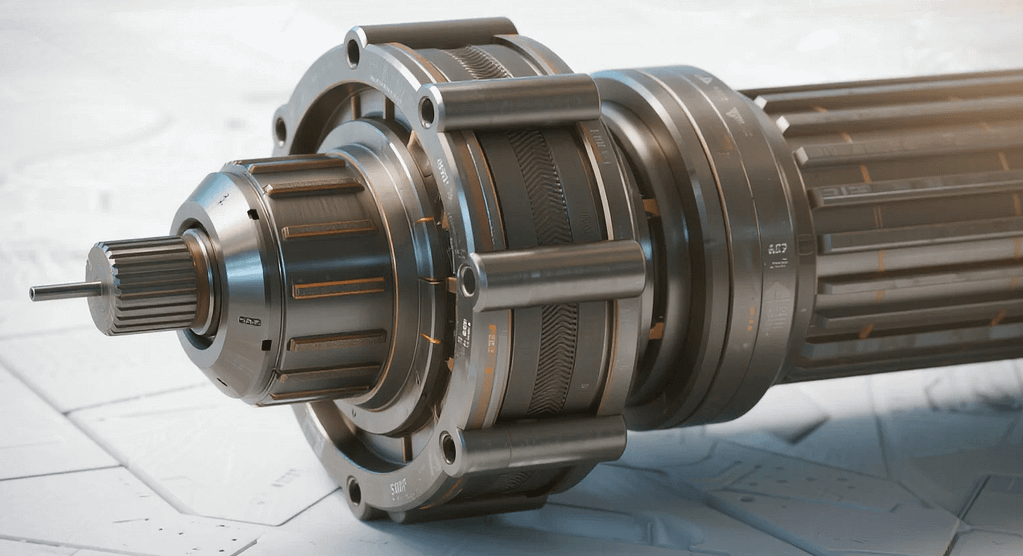Demystifying Aerospace Precision Machining: The Ultimate Guide for Manufacturing Services Users
In the world of manufacturing, few fields demand a higher level of precision and reliability than aerospace. The components that make up aircraft, satellites, and spacecraft must withstand extreme conditions—from intense heat and pressure to the unforgiving vacuum of space. The margin for error is virtually zero. This is where aerospace precision machining comes into play, a highly specialized discipline that is foundational to the safety and performance of every aerospace vehicle. For those seeking manufacturing services, understanding this complex process is not just an advantage—it’s a necessity. This article will serve as your guide, providing a deep dive into the unique world of aerospace manufacturing, highlighting its critical features, and offering practical advice to help you select the ideal manufacturing partner.
What Makes Aerospace Precision Machining Different?

その核心は aerospace precision machining involves the use of advanced CNC (Computer Numerical Control) machines to create components with exceptionally tight tolerances. However, what sets it apart from general precision machining is the stringent regulatory environment and the unique material requirements. The Federal Aviation Administration (FAA) and other international bodies impose rigorous standards that dictate everything from material traceability to quality control protocols. Every part, no matter how small, must be traceable back to its raw material source and manufacturing process.
The Materials of Innovation: A Look at Aerospace Alloys
The choice of material is arguably the most critical aspect of aerospace manufacturing. These materials are selected not only for their strength and durability but also for their ability to perform under extreme and unpredictable conditions. Common materials include:
- High-Temperature Alloys: Nickel-based superalloys like Inconel and titanium alloys are often used for components in jet engines and other parts exposed to high heat. These materials maintain their structural integrity even at temperatures that would cause other metals to fail.
- Aluminum Alloys: Known for their high strength-to-weight ratio, aluminum alloys are a staple in aircraft fuselage and wing structures. Their light weight is essential for fuel efficiency and overall performance.
- Composite Materials: While not directly machined in the traditional sense, composite materials like carbon fiber reinforced polymers (CFRP) are increasingly used and often require specialized finishing processes that are part of the larger aerospace manufacturing ecosystem.
The machining of these advanced alloys presents significant challenges. For example, titanium is notoriously difficult to machine due to its high strength and low thermal conductivity, which can lead to rapid tool wear. This is why specialized tooling, advanced coolants, and specific machining strategies are essential for success.
Key Characteristics of World-Class Aerospace Precision Machining

When evaluating a potential manufacturing partner, you should look for several key characteristics that signify their expertise in aerospace precision machining.
1. Unwavering Commitment to Quality and Certification
Quality isn’t just a buzzword in aerospace—it’s a fundamental requirement. A top-tier provider will hold certifications such as AS9100, the global quality management system standard for the aerospace industry. This certification proves that a company’s processes meet the highest levels of quality, safety, and reliability. Additionally, a strong quality assurance program, including CMM (Coordinate Measuring Machine) inspections and non-destructive testing, is non-negotiable.
2. Advanced Technology and Equipment
The right technology is crucial. A leading partner will utilize state-of-the-art multi-axis CNC machines, which allow for complex geometries to be machined in a single setup, reducing errors and improving efficiency. Features like automated tool changers and in-process probing further enhance precision and consistency.
3. Deep Engineering Expertise and Problem-Solving
Aerospace precision machining is not just about cutting metal. It requires a deep understanding of engineering principles, material science, and design for manufacturability (DFM). An experienced partner will work collaboratively with you, offering valuable insights to optimize your design for both performance and cost-effectiveness. They can help identify potential issues early in the design phase, preventing costly delays and reworks.
4. Traceability and Documentation
As mentioned, every component must be fully traceable. A reputable manufacturer will have robust systems in place for documenting every step of the process, from the initial raw material lot to the final inspection report. This level of transparency is essential for regulatory compliance and gives you complete confidence in the parts you receive.
How to Select Your Ideal Manufacturing Partner

Choosing the right partner for your aerospace precision machining needs can be a daunting task. Here are some steps to help you make an informed decision:
- Assess Their Experience: Ask for case studies and references from previous aerospace projects. A long track record of successful projects speaks volumes.
- Verify Their Certifications: Confirm they hold AS9100 and any other relevant certifications. Don’t just take their word for it—ask to see the documentation.
- Tour Their Facility (If Possible): A site visit can provide invaluable insight into their operational excellence, cleanliness, and dedication to quality.
- Discuss Their Communication Process: Effective communication is vital. Ensure they have clear protocols for project updates and a responsive team.
- Evaluate Their Engineering Capabilities: Inquire about their DFM process and how they collaborate with clients to optimize designs.
In conclusion, the decision to choose a manufacturing partner for your aerospace components is a critical one. It’s a decision that impacts the safety, reliability, and success of your project. By focusing on partners who demonstrate a deep understanding of aerospace precision machining, possess the right certifications and technology, and have a proven track record of quality and expertise, you can ensure that your components are built to the highest possible standards. This strategic choice is not just about finding a supplier—it’s about forging a partnership that contributes to the advancement and safety of the aerospace industry.
FAQ Section
Q: What is the main difference between aerospace and commercial machining?
A: The primary difference lies in the level of regulation and the materials used. Aerospace machining operates under extremely strict certifications like AS9100, requires full traceability, and often involves complex, high-performance alloys. Commercial machining, while still precise, typically deals with less demanding materials and regulations.
Q: How does Captec Precision ensure the quality of its aerospace components?
A: Our commitment to quality is upheld through our AS9100 certification, comprehensive quality management system, and use of advanced inspection equipment like CMMs. We maintain full traceability for all materials and processes, ensuring every component meets the highest industry standards.
Q: What materials do you specialize in for aerospace projects?
A: We have extensive experience machining a variety of aerospace-grade materials, including titanium, Inconel, and various aluminum alloys. Our expertise allows us to tackle the unique challenges associated with these advanced materials to produce high-quality, durable components.